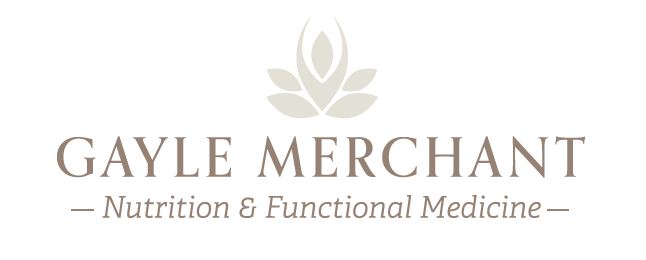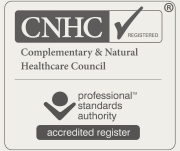HYPERTENSION
Hypertension is where the blood vessels experience persistently raised pressure.

Blood pressure is a combination of systolic (first or top reading) and diastolic (bottom reading). Systolic is the blood force whilst the heart is beating and should be less than 120mm Hg. Diastolic is the measure between heart pumps and should be less than 80 mm Hg.
Blood pressure ranges:
- Pre-hypertension: Systolic between 120–129 and diastolic less than 80
- Stage 1 high blood pressure: Systolic between 130–139 or diastolic between 80–89
- Stage 2 high blood pressure: Systolic at least 140 or diastolic at least 90 mm Hg
High blood pressure does not usually have any signs, so it is important to have it measured regularly. When you do measure it then do it at different times through the day (at the same time) and three times in a row to get a good average.
Outcomes of hypertension:
- Damage to the arteries
- Heart failure or stroke
- Plaques forming in the arteries
- Kidney function affected
- Eyesight affected
- Concentration and memory affected
What causes hypertension?
- Diet – high in salt, caffeine, alcohol, diets low in vegetables and fruit.
- Smoking – constricts blood vessels and increases the heart rate and blood pressure.
- Stress – the stress hormones increase blood pressure and increase heart rate.
- Being overweight – especially around the abdomen. This is linked with not only elevated blood pressure but also deposits in the arteries.
- Lack of exercise
- Oral contraceptive pill
- Heavy Metals
- Genetics – high blood pressure can be a family trait. Also, certain ethnic communities can experience high blood pressure such as people with an African-Caribbean origin.
- Age – as we get older the quality of our blood vessels changes which can affect blood pressure.
Things you can do:
- Avoid salt – sodium raises blood pressure so avoid adding salt to your food and also eating processed foods that can be high in salt.
- Avoid sugar and trans-fats – both are linked to high blood pressure and are found in packaged and processed foods.
- Limit / avoid caffeine and alcohol – narrows arteries and increases blood pressure.
- Eat more foods that are helpful at lowering blood pressure – dark chocolate, garlic, spinach, sunflower seeds, bananas, broccoli, blueberries.
- Reduce stress levels – stress is linked to spikes in blood pressure
What can Functional Medicine do to support?
- Give specific dietary advice on what foods to include or exclude to lower blood pressure levels.
- Give lifestyle medicine suggestions – help manage stress, reduce elevated blood pressure with exercise.
- Investigate other aspects linked to high blood pressure; nutrient deficiencies, obesity, inflammation markers and provide food advice and supplements to bring about better balance.
- Support for lifestyle changes around diet and stress management – important factors in heart health.
5 Pillars of Functional Medicine

Managing Stress
Chronic stress can lead to an increased risk for many diseases through
suppression of the immune system. Lets find ways to manage stress and to
nurture, to calm, to re-set and restore the immune and nervous system.

Sleep
Sleep is the first like of defence against infectious disease. Getting good quality
sleep is restorative and preventative. We’ll work together to ensure you have
a good sleep routine and get a least 7 – 9hrs restful sleep a night.

Nutrition
Food is our medicine; it tells us what genes to switch on or off, it gives the cells
the nutrients that the body needs to function and provides the energy that we
need to lead an enriched life. Here, we’re all about enjoying food for life.

Relationships
Toxicity is not just about chemicals and pesticides; toxicity can come from
relationships and can affect our physical and mental health and well-being.
We’re all for healthy relationships that help us to thrive and grow as human beings.

Exercise
Lack of exercise is the primary cause of most chronic diseases and also accelerates ageing.
Exercising can prevent or delay the onset of chronic disease and it supports
better sleep, assists in weight control, improves mood and boosts energy.
Hypertension and Functional Medicine
Do you suffer from hypertension and have tried all the usual approaches?
Functional Medicine can help you, simply book an online consultation or arrange a free 15 minute discovery call and find out how we can help.





